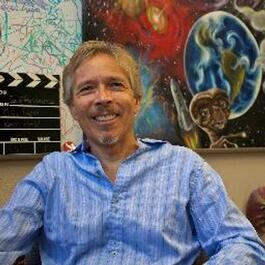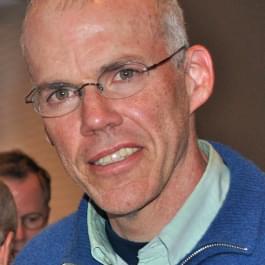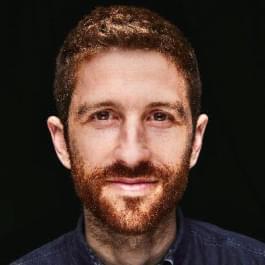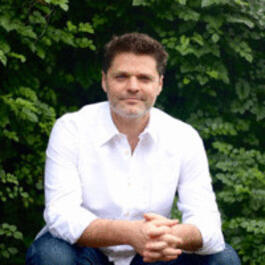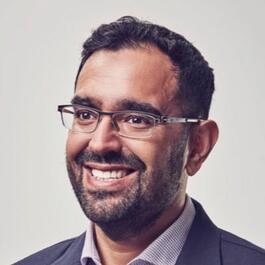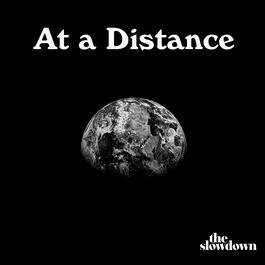
At a Distance
A podcast about the bigger picture. Host Spencer Bailey calls on leading minds, from scientists and technologists to artists and climate activists, to zoom out and look at some of the planet’s most pressing issues from a whole-earth, long-view perspective.
Show episodes
Rebecca Solnit, the author of books including “A Paradise Built in Hell” (2009) and “Orwell’s Roses” (2021) and the co-editor of the new collection of essays “Not Too Late: Changing the Climate Story from Despair to Possibility,” discusses the long view as a “mind-blowing” way of looking at the world, why the majority
The civil rights activist, award-winning journalist, and former NPR and CNN foreign correspondent Charlayne Hunter-Gault talks about her book “My People: Five Decades of Writing About Black Lives”; why understanding history is like a form of armor in a world full of misinformation; and the transformational, life-alteri
The culinary historian Sarah Lohman, author of the new book “Endangered Eating: America’s Vanishing Foods,” talks about the importance of engaging with local foodways, why “the idea that eating McDonald’s is universally bad is woefully unaware of class and racial conflicts,” and how Indigenous communities across the U.
David W. Orr, editor of the new book “Democracy in a Hotter Time” and a professor at Arizona State University, discusses the climate crisis as an obviously bipartisan issue; why building “Democracy 4.0” must ultimately be a localized, grassroots mission; and why, in our “long emergency” that is the climate crisis, we m
Architect, writer, and curator Pedro Gadanho, author of the book “Climax Change!” and a Loeb Fellow at Harvard University, discusses how architects must increasingly innovate through densification and adaptive reuse rather than building anew; existing buildings as “material banks”; and the importance of downgrading our
Chris Impey on the New Space Race and Exoplanet Habitation
Astronomer Chris Impey, author of the new book “Worlds Without End: Exoplanets, Habitability, and the Future of Humanity” and a professor at the University of Arizona, discusses the vast possibilities of extraterrestrial human habitation, why imagination is an important form of scientific speculation, and why humans’ i


